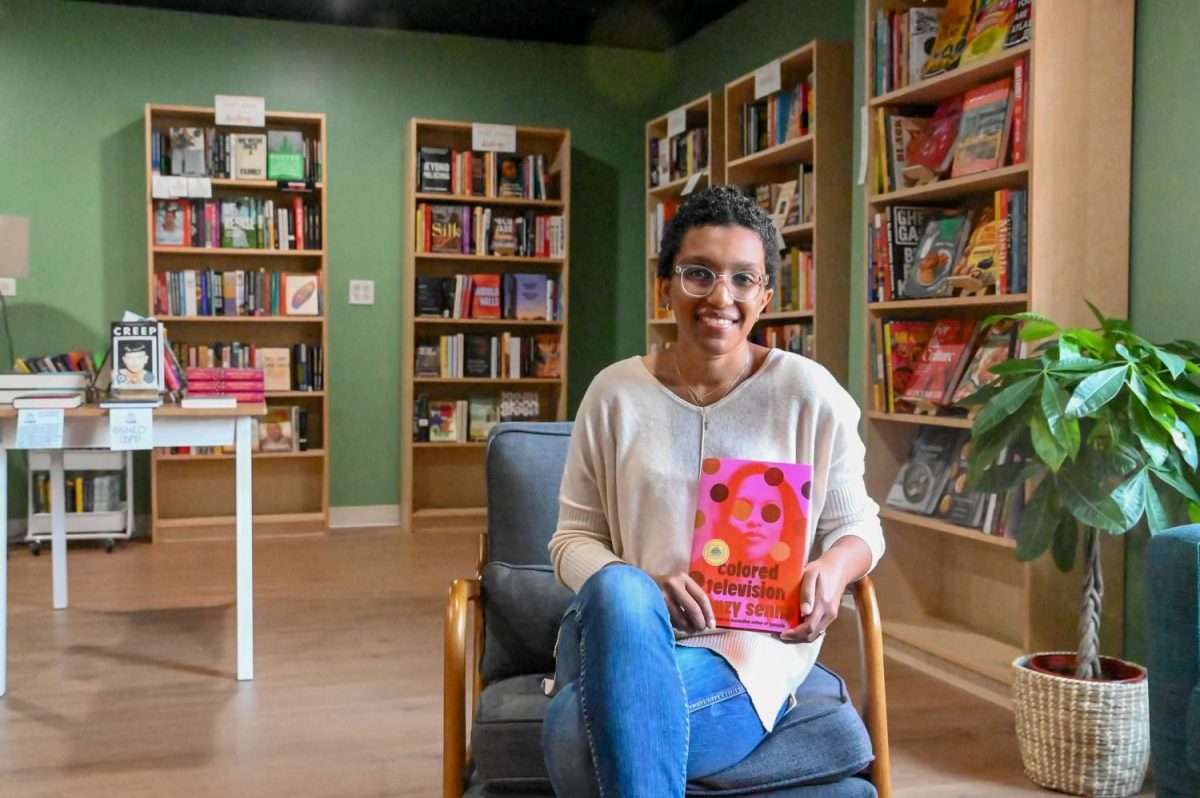New schedule standardizes class times, includes two versions
December 5, 2022

After a committee discussed schedule changes for over a year, U-High Principal Paul Beekmeyer unveiled the new 2023-24 schedule to the student body in an open meeting Nov. 29. Every school day will begin at 8:30 a.m. and end at 3:30 p.m., with starting and ending times for classes standardized and aligned with new schedules for the lower and middle schools.
The new schedule will have seven class periods, in contrast to the current eight. Each class will meet four 50-minute periods per week, a departure from the current three 45-minute periods and one 75-minute period. Advisory will meet twice for 25 minutes each, and lunch periods will be extended from 40 to 45 minutes.
Every student will have four 75-minute periods designated for academic or co-curricular activities depending on the week. The new schedule will have two types of weeks. During “lab weeks,” students will use such times for science labs, a by-arrangement course or free periods, while during “co-curricular weeks,” some or all of these periods will be occupied by assemblies, learning and counseling programming, or college counseling workshops. A universal open time for students will not be present.
Some details regarding the naming of the weeks and order of lab and advisory periods are still in discussion at time of writing.
Aria Choi, committee co-chair, hopes the new schedule will encourage non-academic programming engagement.
“My hope is that during co-curricular weeks, because they are so infrequent, that students really do consider the programming valuable and worthwhile to attend,” Ms. Choi said.
She also hopes students will “continue to exercise choice over how to schedule their days and weeks … to really support one’s wellness.”
“We are losing our open time,” she said regarding the new schedule, but “it just gives students a little bit more agency and choice.”











